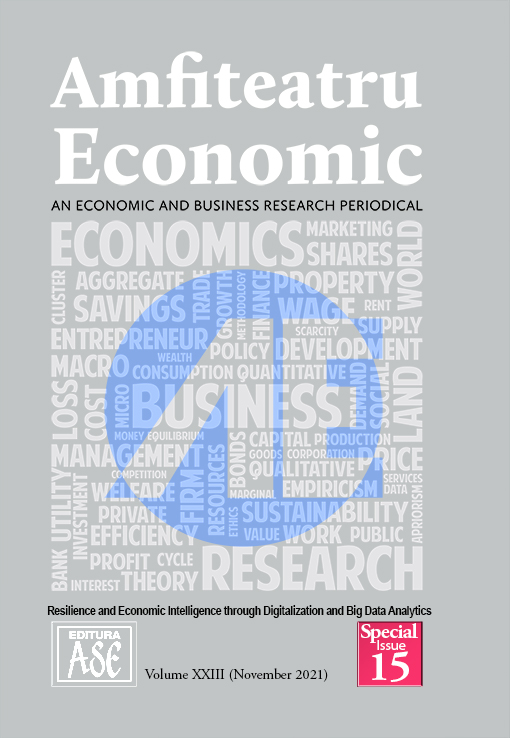Socio-Psychological Dimensions of Students Migration. A Pilot Study
Socio-Psychological Dimensions of Students Migration. A Pilot Study
Author(s): George-Laurențiu Șerban-Oprescu, Liana Badea, Isabel Novo-Corti, Roberta Stanef, Silvia-Elena Iacob, Grigore Ioan PiroșcăSubject(s): Business Economy / Management
Published by: EDITURA ASE
Keywords: students migration; socio-psychological factors; Romania;
Summary/Abstract: Albeit positive outcomes for migrants and their destination countries, there is a growing body of research claiming that migration of young skilled workforce has a significant impact on the structure of domestic labor market and productivity output of the country of origin. In this context, a significant number of researchers have focused on identifying and analyzing the determinants of labor migration. Exploring the available scientific literature, one could notice a gradual change in the interests of researchers from economic, financial and material determinants to socio-cognitive or socio-psychological factors that influence the migration decisions of individuals. Moreover, several studies have highlighted the role of education in the migration process claiming that individuals with a higher level of education tend to migrate as a consequence of an elaborate decision-making process in which socio-psychological factors play an important part. On the other hand, there is no consensus among scholars on which are the most important socio-psychological determinants or on how these factors effectively impact the intention of individuals to emigrate. In addition, there are insufficient studies and results focusing on the reasons and socio-psychological incentives which are influential on the intention to migrate of young people, in general, and Romanian young people, in particular.The rationale of this study lays on the assumption that, in the case of highly qualified young people, the decision to migrate is grounded on the assessment of the potential benefits of migration (potential perceived socio-psychological benefits of settling abroad) in contrast to motivation to remain (personal, professional, or social reasons not to leave the country of origin). Following this line of thinking, we conducted an empirical study based on a sample of students from economic faculties within the Bucharest University of Economic Studies, to identify the socio-psychological factors that make up to these two dimensions. By performing factor analysis, we identified two factors that account for potential benefits of emigration (perceived social performance of destination countries, social and personal integration ability) and three factors that could explain motivation to remain (trust in society from the country of origin, risk aversion, as well as family and friends). The study also reveals that the socio-psychological factors that correlate most with the intention to migrate originate in respondents' perception that they can easily integrate abroad since, in contrast with the home country, the social performance of potential destination countries is higher.
Journal: Amfiteatru Economic
- Issue Year: 23/2021
- Issue No: SI 15
- Page Range: 1015-1030
- Page Count: 16
- Language: English

